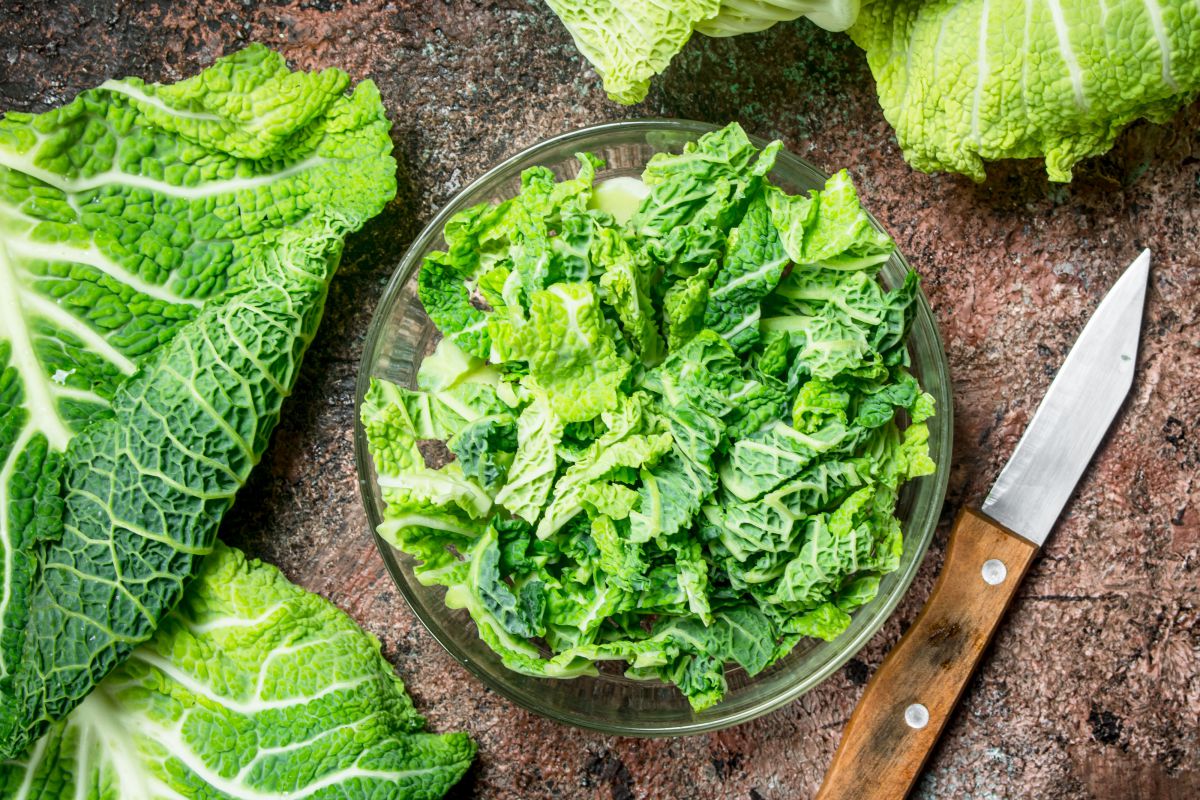When maintaining a healthy smile, visiting a dentist in Oakleigh regularly is essential. However, the role of your diet in dental health is just as crucial. What you eat and drink not only influences your overall health but also plays a significant role in the strength and appearance of your teeth. We will explore the fascinating connection between diet and dental health and provide practical insights to help you make better choices for a brighter smile.
How Your Diet Impacts Your Dental Health
Your daily food and drink choices profoundly affect the health of your teeth and gums. While some foods contribute to strong enamel and healthy gums, others can weaken your teeth and increase the risk of cavities and gum disease. Let’s delve deeper into the relationship between diet and dental health and how the right choices can protect your smile.
Sugar: A persistent Threat to Your Teeth
Sugar is one of the leading contributors to tooth decay. It acts as fuel for the harmful bacteria in your mouth, producing acids that erode enamel—the protective outer layer of your teeth. This process can eventually lead to cavities and, if untreated, more serious dental problems.
Ways to minimise sugar’s impact:
- Opt for sugar-free or low-sugar snacks and beverages.
- Sugar substitutes like xylitol can be used to reduce bacterial activity.
- Avoid frequent snacking on sugary foods, as it increases acid production.
Acidic Foods and Beverages: Hidden Enamel Enemies
Acidic foods and drinks can weaken your enamel over time, leaving your teeth vulnerable to sensitivity and decay. While citrus fruits, vinegar-based dressings, and fizzy drinks can be part of a balanced diet, excessive consumption can have lasting effects.
Tips to reduce acidity’s effects:
- Pair acidic foods with alkaline options like vegetables to balance pH levels in your mouth.
- Drink water alongside or immediately after acidic beverages to rinse away residual acids.
- Consider using a straw when drinking acidic drinks to limit contact with teeth.
Nutrient-rich Foods that Support Oral Health
Certain foods contain essential vitamins and minerals that help strengthen your teeth and gums. Incorporating these into your diet can significantly improve your dental health.
Examples of nutrient-rich foods:
- Dairy products: Calcium in milk, cheese, and yoghurt strengthens teeth and bones. Cheese, in particular, increases saliva production and neutralises acids.
- Leafy greens: Spinach and kale are rich in calcium and folic acid, supporting gum health.
- Crunchy fruits and vegetables: Apples, carrots, and celery are natural toothbrushes, scrubbing away plaque and promoting saliva flow.
- Fish and eggs: These are excellent sources of vitamin D, which helps your body absorb calcium more effectively.
The Importance of Hydration
Water is essential for maintaining good oral health. It helps rinse away food particles, reduces the acidity of your mouth, and supports saliva production. Saliva is crucial in washing away bacteria, neutralising acids, and remineralising enamel.
Tips for staying hydrated:
- Drink fluoridated tap water, as fluoride strengthens enamel and helps prevent tooth decay.
- Replace sugary or carbonated drinks with plain water.
- Keep a water bottle with you to encourage consistent hydration.
Why a Balanced Diet is Key to a Healthy Smile
A balanced diet doesn’t just benefit your overall health—it’s also a cornerstone of strong, healthy teeth and gums. Each food group plays a specific role in oral health, from providing essential nutrients to reducing harmful bacteria in the mouth.
Supporting Enamel Strength and Gum Health
Foods rich in calcium and phosphate help maintain and repair enamel, making them essential for a healthy smile. Similarly, vitamin C in citrus fruits and vegetables supports healthy gums by promoting collagen production and reducing inflammation.
Foods to include in your diet:
- Whole grains are a good source of B vitamins and iron, promoting healthy gums.
- Lean proteins: Chicken, fish, and beans are high in phosphorus, which supports enamel health.
- Fruits and vegetables are high in vitamins and promote saliva production, which helps cleanse the mouth naturally.
Reducing the Risk of Oral Health Issues
A well-rounded diet that limits sugar and includes nutrient-rich foods can significantly reduce the risk of common dental problems like cavities, gum disease, and enamel erosion. You create an environment that supports long-term oral health by eating various foods and maintaining good oral hygiene.
Key practices for maintaining a balanced diet:
- Plan meals with all major food groups, ensuring your body receives essential nutrients.
- Limit snacking between meals to reduce acid attacks on your teeth.
- Focus on whole, unprocessed foods to minimise the risk of hidden sugars and acids.
Incorporating these practices into your daily life helps maintain a healthy smile and promotes overall well-being.
Keep Your Smile Healthy with Chesterville Dental Bentleigh East.
At Chesterville Dental Bentleigh East, we understand the vital role of a balanced diet in dental health. Our experienced team is here to provide personalised advice and regular check-ups to ensure your teeth and gums stay in top condition.
Ready to take the next step towards a healthier smile? Contact us today to schedule your appointment. Let’s create a dental care plan that suits your needs and lifestyle!


